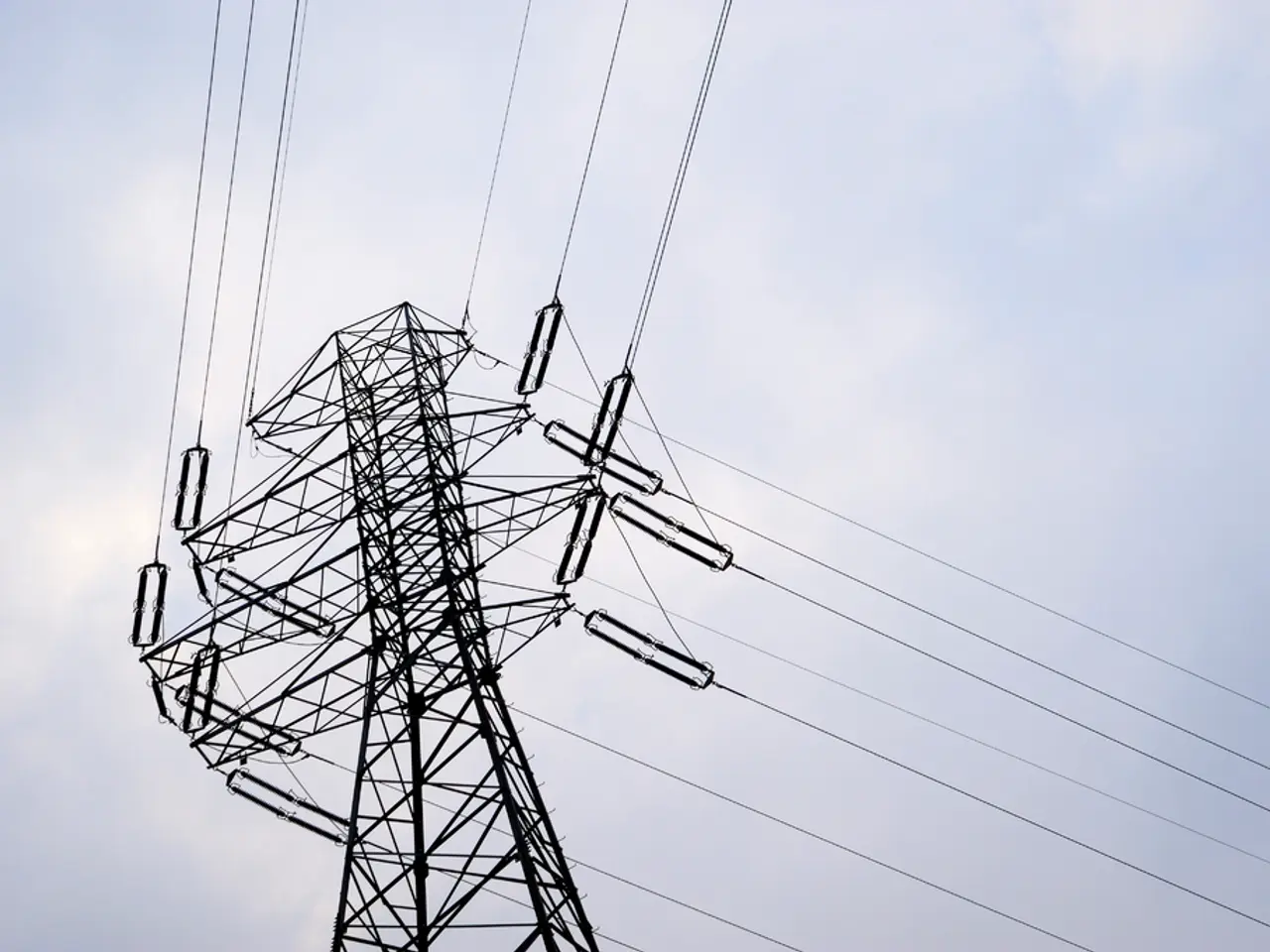Starlink Launches Operation in Democratic Republic of Congo, Broadening its Presence in Africa
In a significant stride towards improving internet connectivity in the Democratic Republic of Congo (DRC), Starlink DRC S.A., a locally registered subsidiary, has been granted a telecom license by the ARPTC (Congolese Postal and Telecommunications Regulatory Authority) [1]. This license marks the launch of Starlink's satellite-based internet service in the DRC, a solution to the country's long-standing internet coverage issues [2].
Starlink's technology, which beams internet directly from low Earth orbit, offers high-speed, low-latency broadband, a significant improvement over the DRC's current terrestrial infrastructure [3]. This high-performance broadband, comparable to terrestrial networks, enables practical capabilities like HD video streaming, telehealth, remote learning, and even gaming, in areas where these were previously impossible or unreliable [2].
The activation of Starlink in the DRC is part of the company's mission to bridge the digital divide in Africa. With its presence in 22 African countries, including Somalia, Liberia, Nigeria, and Kenya, the service's impact extends to sectors like education, healthcare, and e-commerce in underserved regions [4].
The rapid and flexible deployment of Starlink's technology, requiring only a small dish and a clear view of the sky, is a major advantage in challenging terrains and dispersed settlements common across Africa [2]. This factor, combined with the potential to drive competition and pricing evolution, as seen in Liberia and other emerging markets, could significantly improve internet penetration rates and connectivity in the DRC [2].
However, economic affordability remains a key factor in determining the ultimate reach and equity of Starlink's impact. The service's relatively high cost, with a monthly fee of $70 and a hardware fee of $390 in Somalia, could potentially limit widespread adoption [5]. Moreover, the shift to satellite internet changes the nature of the digital divide from geographic isolation to economic access and regulatory factors, with concerns about national sovereignty over foreign satellite networks being raised [5].
In conclusion, Starlink's launch in the DRC is a significant step towards improving internet connectivity in the country. Its high-speed, low-latency broadband has the potential to transform various sectors, from education and healthcare to e-commerce, in underserved regions. However, economic affordability and regulatory acceptance remain key factors in determining the ultimate reach and equity of its impact [1][2][4][5].
Sources: [1] Space in Africa. (n.d.). Starlink DRC S.A. receives telecom license from ARPTC, marks entry into DRC market. Retrieved from https://spaceinafrica.com/starlink-drc-sa-receives-telecom-license-from-arptc-marks-entry-into-drc-market/ [2] TechCrunch. (2021, October 7). Starlink's satellite internet is now available in 22 African countries. Retrieved from https://techcrunch.com/2021/10/07/starlinks-satellite-internet-is-now-available-in-22-african-countries/ [3] TechRadar. (2021, August 10). Starlink satellite internet is now available in 12 African countries. Retrieved from https://www.techradar.com/news/starlink-satellite-internet-is-now-available-in-12-african-countries [4] World Economic Forum. (n.d.). Bridging the digital divide in Africa: How Starlink's satellite internet could change the game. Retrieved from https://www.weforum.org/agenda/2021/08/bridging-the-digital-divide-in-africa-how-starlinks-satellite-internet-could-change-the-game/ [5] Quartz Africa. (2021, October 7). Starlink is now available in 22 African countries. But can it solve the continent's digital divide? Retrieved from https://qz.com/africa/1988213/starlink-satellite-internet-africa-digital-divide/
Science and technology, particularly in the field of space-and-astronomy, have played a significant role in the recent development of Starlink's satellite-based internet service, enhancing education-and-self-development opportunities in Africa, such as remote learning, telehealth, and e-commerce, in underserved regions. This advancement in technology could potentially drive competition and pricing evolution, contributing to improved internet penetration rates and connectivity in various African countries, including the Democratic Republic of Congo.




